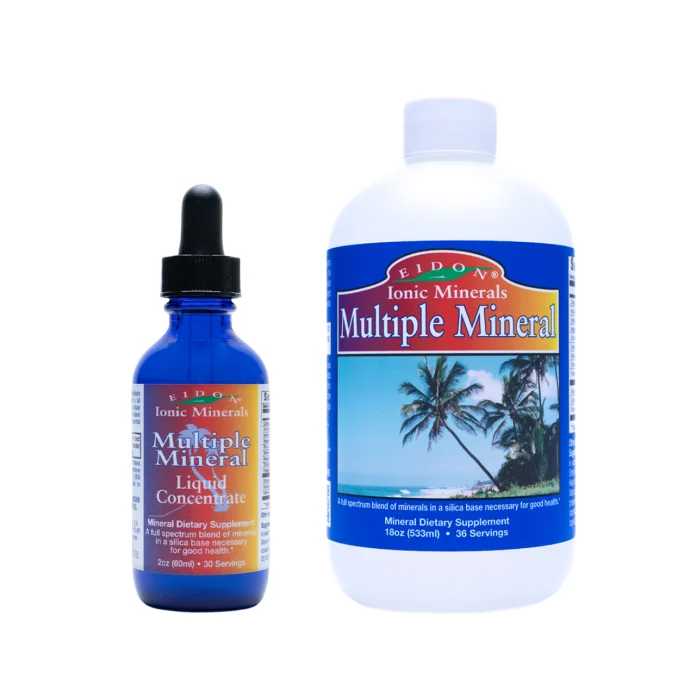In the quest for optimal health, many individuals focus on macronutrients like carbohydrates, proteins, and fats while overlooking the importance of micronutrients. Among these, minerals play a crucial role in various bodily functions, supporting everything from bone health to immune system function. However, ensuring you’re getting enough multiple minerals in your diet requires conscious effort and a well-rounded approach. In this blog post, we’ll explore the significance of minerals, identify key sources, and provide practical tips to incorporate them into your daily meals.
Understanding the Importance of Multiple Minerals:
Minerals are essential nutrients that the body needs in relatively small amounts to function properly. They contribute to a myriad of physiological processes, including enzyme activity, nerve function, and the formation of tissues and bones. While the body requires both macro and micronutrients, the focus here is on multiple minerals, such as calcium, magnesium, iron, zinc, and potassium, which are integral to overall well-being.
Identifying Key Mineral Sources:
To ensure you’re meeting your body’s mineral requirements, it’s crucial to incorporate diverse and nutrient-dense foods into your diet. Here are some key mineral sources:
Calcium:
- Dairy products (milk, yogurt, cheese)
- Leafy green vegetables (kale, broccoli)
- Fortified plant-based milk (soy, almond)
Magnesium:
- Nuts and seeds (almonds, pumpkin seeds)
- Whole grains (brown rice, quinoa)
- Leafy green vegetables (spinach, Swiss chard)
Iron:
- Red meat, poultry, and fish
- Legumes (beans, lentils)
- Fortified cereals and grains
Zinc:
- Meat and seafood
- Legumes (chickpeas, lentils)
- Dairy products
Potassium:
- Bananas, oranges, and other fruits
- Vegetables (sweet potatoes, tomatoes)
- Dairy products
Practical Tips to Boost Mineral Intake:
Diversify Your Plate: Aim for a colorful and varied diet, incorporating fruits, vegetables, whole grains, lean proteins, and dairy or plant-based alternatives.
Prioritize Whole Foods: Choose whole, minimally processed foods over highly processed options, as processing can strip foods of their natural mineral content.
Cook with a Variety of Ingredients: Experiment with different herbs, spices, and condiments to enhance the flavor of your meals, making it more enjoyable to consume a diverse range of foods.
Consider Supplementation: If you struggle to meet your mineral needs through diet alone, consult with a healthcare professional about the potential benefits of supplementation.
Stay Hydrated: Water plays a role in the absorption and transportation of minerals in the body. Ensure you are adequately hydrated to support these processes.
Conclusion:
In the pursuit of a healthy lifestyle, paying attention to multiple minerals in your diet is essential. By understanding the importance of minerals, identifying key sources, and incorporating practical tips into your daily routine, you can support your body’s overall well-being. Remember, a balanced and varied diet, coupled with mindful eating habits, is the key to unlocking the full potential of these vital nutrients and ensuring you lead a vibrant and healthy life.
